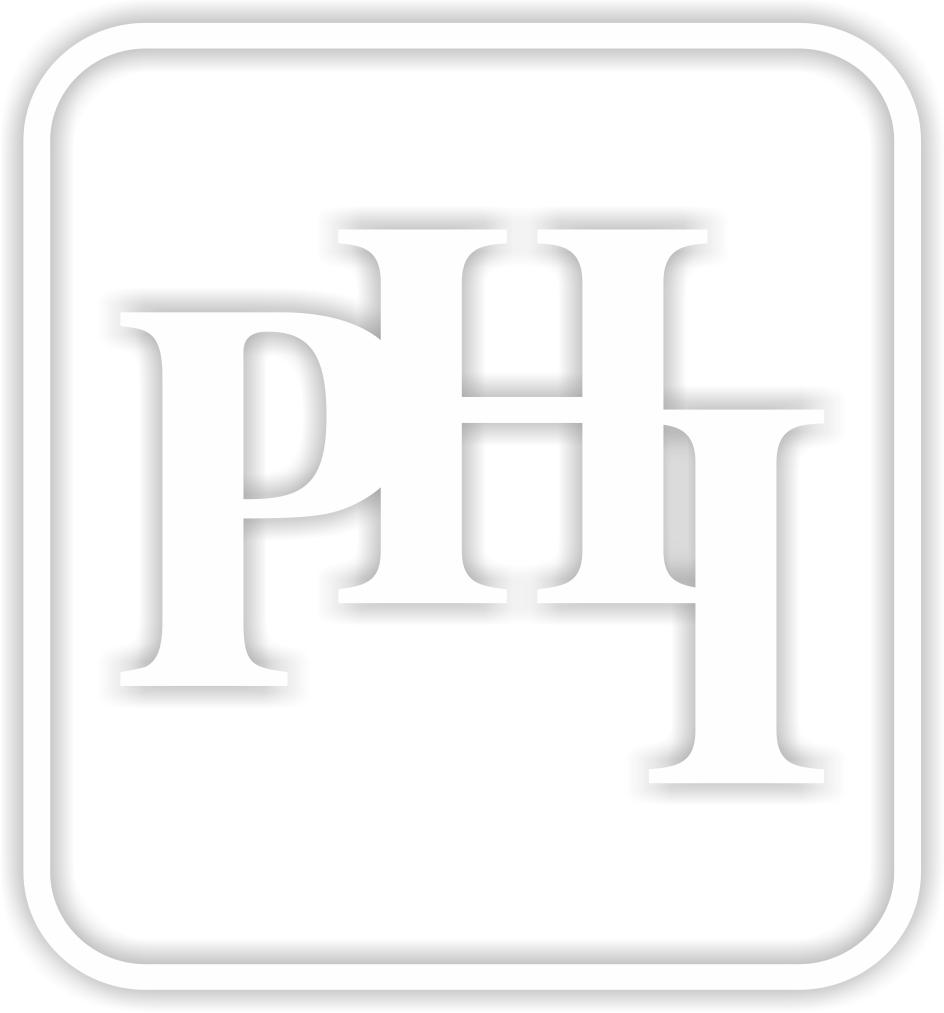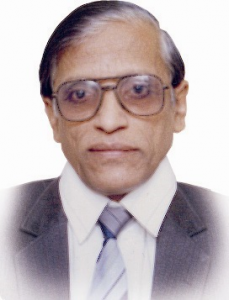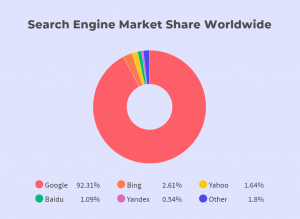The Tempest from our Shakespeare plays series features the original text of the play along with
simple yet explanatory notes in the footnotes of the text. Alongside this, the textbook features a
comprehensive introduction to the entire play, illustrative summaries of each act, and two critical
essays giving a postmodern outlook to the play.
This blog post will provide a detailed explanation of what’s in the book and help the reader
understand what’s in store from them through a chapter review. Read on to find out more about
this supplementary text and what it has to offer!
The Tempest is a play about Prospero, the true Duke of Milan. Exiled by his brother Antonio
who has usurped his place, Prospero plots to retake what is rightfully his. With the help of a
spirit, Ariel, Prospero orchestrates a storm, ‘The Tempest’. The storm entraps the ship of his
brother. Antonio and his crew are shipwrecked and make their way to Prospero’s isle. Prospero
sets in motion a meticulous plot which results in the restoration of his Dukedom.
The play poses several questions about territorial authority and claim. For example, the
territorial limits of Prospero are questionable since he conquers an island which was already
inhabited. Similarly, the crew of Antonio’s ship become Prospero’s subjects and must
understand his rules of governance. These are unlike their understanding of the system of
governance in Naples and Milan. Their presence on Prospero’s isle, therefore, is a point of
discussion with great potential.
Trapped on the island, Miranda experiences the world through the isolated isle. This natural
world is very different from the kind of society Miranda would have otherwise had in Milan. This
influences her perception of the world. On the isolation and consequent individualization of this
character, Choudhary comments: “What Prospero banks upon is her ability to submit to his
scheme, and part of it involves imbuing her with a form of knowledge that would equip her as an
individual. The individualization of Miranda is an orchestration envisaged to address and
engage with the world in more ways than one.”
In the book’s introduction Choudhary grapples with such concepts to help students understand
the dynamics between the tempest characters which Shakespeare attempts to create. The
critical essays are selected to help contextualize the storyline as it unfolds.
The first of the two critical essays the book features is “The Other in the Tempest: The Case of
Caliban” by Margaret L. Pachuau.
The essay grapples with representations of the “other” within the context of colonization. The
relationship between Caliban and Prospero can be analogously seen as that between a
colonizer and the colonized.
The essay discusses how representations of Caliban as an enslaved “savage” being rather than
the isle’s original inhabitant can aid the arguments of postcolonial theorists. The author
describes various instances in which Propsero and Miranda, Caliban’s colonizers, otherize, entrap, mistreat, label as “savage”, and attempt to colonize Caliban. These instances can be
seen as symbolic of the treatment meted out to colonized communities. The essay discusses
and brings together the perspectives of various theorists on the colonized status of Caliban. The
critical essay argues that the devaluation of the “other” within the play is similar to the
otherization of the colonized in European colonies.
Pachuau begins by analyzing the character Caliban who, by her interpretation, can be seen as
the “other” within the play. He is often represented as a subhuman species, with his body being
described as monstrous as compared to the human colonizer who has enslaved him. She
argues that Caliban, being the original inhabitant of the island, has a greater claim to ownership
over the isle than Prospero. She presents Caliban as a wronged, mistreated character who has
been devalued and given the title of a “savage” by his colonizers, Prospero and Miranda. She
explains that Prospero’s attempts to humanize Caliban and teach him his language is akin to
the colonizing efforts made in the past.
The author comments on Caliban’s ability to speak, noting that Miranda and Prospero believe
that teaching Caliban to speak was a “gift”. Referring to ‘Can the subaltern speak?’ (Spivak
1985), Pachuau notes that the so-called “Demi-devil” delivers the most elaborate and
memorable speeches in the play. Although he has learned the language of his colonizer, he
seems to be empowered by it. Her analysis of this character completely changes how the
reader views Caliban. Refuting his image as the enslaved, sub-human entity within the play,
Pachuau places Caliban in the centrestage, arguing that he is the rightful owner of the isle.
Quoting Foucault, she asserts that power cannot be one-sided (from the ruler to his subjects)
but comes from within. Therefore, a ruler’s subjects are powerful since power comes from within
a group. She argues that due to this “web-like inclusiveness” of power, there is a sense of
power in Caliban’s character, the enslaved subject of Prospero. She notes that ‘Caliban
challenges Prospero’s authority when he points out that Prospero’s language gave him the
ability to “curse” his tormentor.’ After providing this unique perspective on Caliban’s character,
Pachuau notes that Caliban’s name is a play on the word cannibal – a term which is associated
with “savageness” by European norms. It may also be a play on the word “Cauliban” which
means “black”.
Other critical points of discussion in Pachuau’s analytical essay which are likely to be extremely
helpful to students working with this play include interpretations of Caliban as a slave, colonized
person, and victim which align with discussions in various postcolonial texts. Further, Pachuau
makes a brief reference to the book Black Skin and White Masks by Fanon which analyzes the
relationship between the lord and bondsman, drawing from Hegel’s propositions on self-
consciousness. The book states that ‘The element of recognition is lacking in the relationship
between the white master and black bondsman.’ Pachuau compares this assertion to the
dynamics between master and slave within the book, presenting a detailed discussion. Further,
the author asserts ‘learning the language of the colonizer is a prerequisite for any social
advancement (as per a colonial mindset)’. This is since the colonized is always veiwed as
inherently ‘savage’, ‘lazy’, ‘stupid’, and ‘other’ – a’vile race’, as is the representation of Caliban
within the play.
Further, the essay compares portrayals of ‘the other’ in The Tempest to the ‘othering’ treatment
meted out to the colonized in the history of colonizing efforts. She writes, ‘Prospero’s art
represented the world of civility and learning in contrast to the ‘natural’ black magic of Caliban’s
mother Sycorax’. Such a representation of the colonizer’s benevolent art as a contrast to the ‘uncivilized’ culture of the colonized is a common theme in history. She frames such a
representation of the enslaved Caliban within the context of the decolonization movements of
the 1960s and 1970s in Africa, the Caribbean, and Latin America. With Prospero’s culture being
treated as the norm, Prospero derides Caliban even as he claims he has treated him with
kindness in his attempts to humanize him.
By raising such points, the essay does a commendable job at finding links between postcolonial
theorists’ works and the portrayals of the “other” in the play. It analyses Miranda and Prospero’s
justifications of their enslavement of Caliban and places these under question. It raises the point
that the island rightfully belongs to Caliban – the original inhabitant.
Whilst discussing criticism of European paternal rule, the author refers to Aime Cesaire who
discusses the relevance of language in colonial imagery, continuing the discussion on
Prospero’s gift of language to Caliban. The author writes, ‘Set in a colony – a prototype of a
Caribbean or African setting – in the throes of resistance and unrest, Cesaire.
Pachuau continues on with the discussion on language by observing instances where language
is used to portray the colonized as “other”. She gives the example of the dualisms of dark and
light which Shakespeare portrays in his imagery to contrast the colonizers and colonized. She
observes ‘The colonizer used words like light, knowledge and wisdom to refer to himself while
he used terms like darkness, ignorance and elemental to describe the colonized’. She argues
that language is used to devalue the colonized.
The author concludes this highly informative essay by acknowledging that there can be
counterarguments to her stance. She says that some critics have argued that Prospero is not a
colonizer but simply one who was exiled and stranded on the isle he has taken over. He is, in
this way, not unlike Caliban who is also stranded.
She informs us that Prospero isn’t the only main character in the play and that Caliban’s
character holds an important position within the dynamics between the characters. For example,
she argues that Caliban is an important character since he holds aesthetic significance. She
quotes Harold Bloom who says “Caliban has aesthetic dignity, and that the play is not wholly
Prospero’s only because of him.” Pachuau concludes her essay by observing Caliban’s unique,
inimitable character which contrasts our own self-concern as human subjects.
Overall, the chapter accomplishes what this book from our Shakespeare series promises to do.
It helps readers gain a deeper understanding of the play and view the characters through a new
perspective – through the lens of postcolonial theory. As mentioned in the introduction, the essay
demonstrates how The Tempest raises questions about Politics and Governance through its
storyline and portrayals. The essay backs up its arguments with evidence from various
reputable critics who have also written on the postcolonial questions raised within the play.
This book is an excellent read for students and teachers who are working with Shakespeare
plays. Making persuasive, clearly written, and well-evidenced arguments, this book’s strength
lies in providing strong critical reasoning and analyses of the play.
If you found this book from our Shakespeare plays series interesting, don’t forget to check out
the other supplementary texts in the series. https://www.phindia.com/Books/ShowBooks/MTM4MQ/European-Literature
@PHI Learning Pvt. Ltd.


